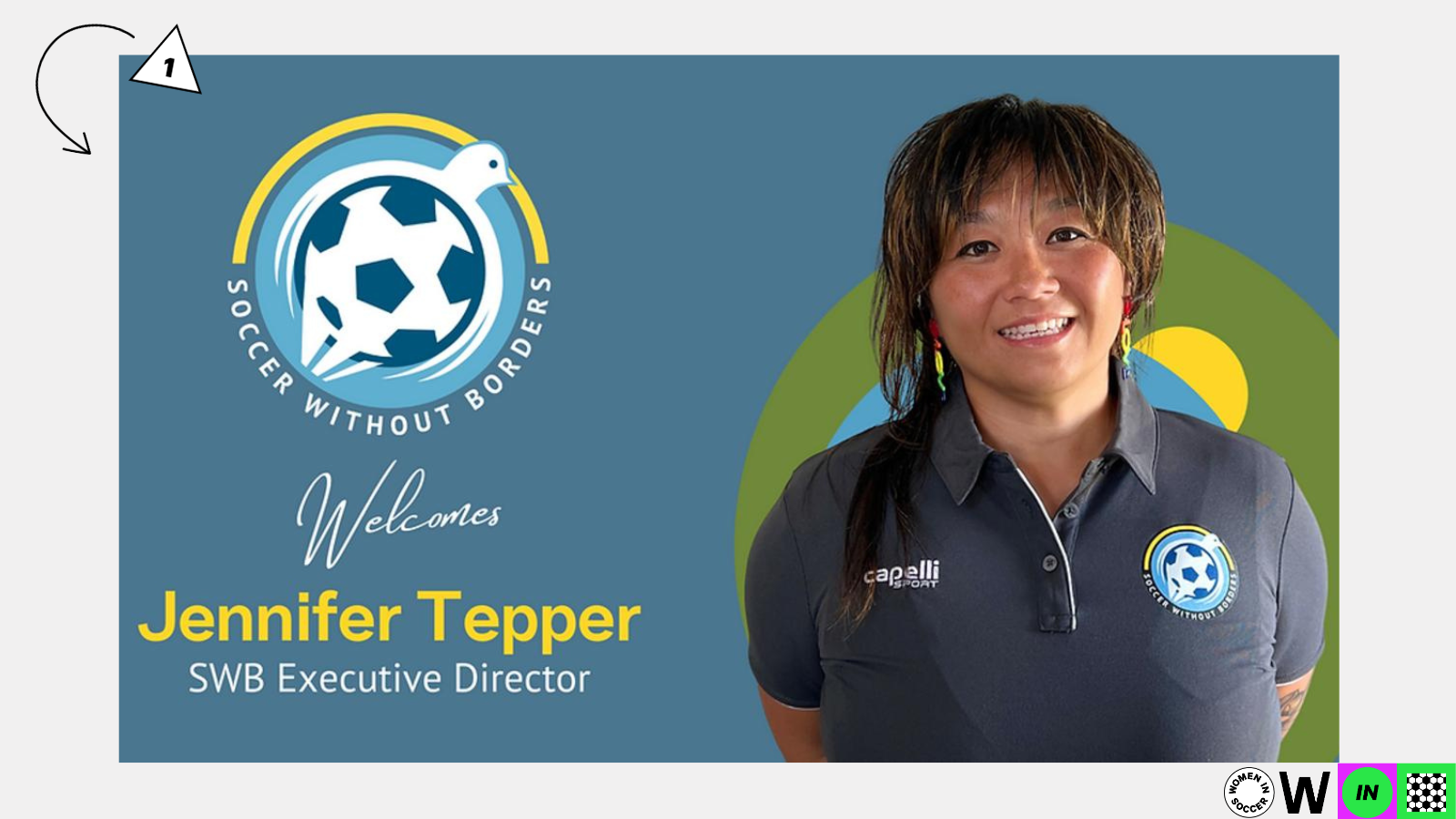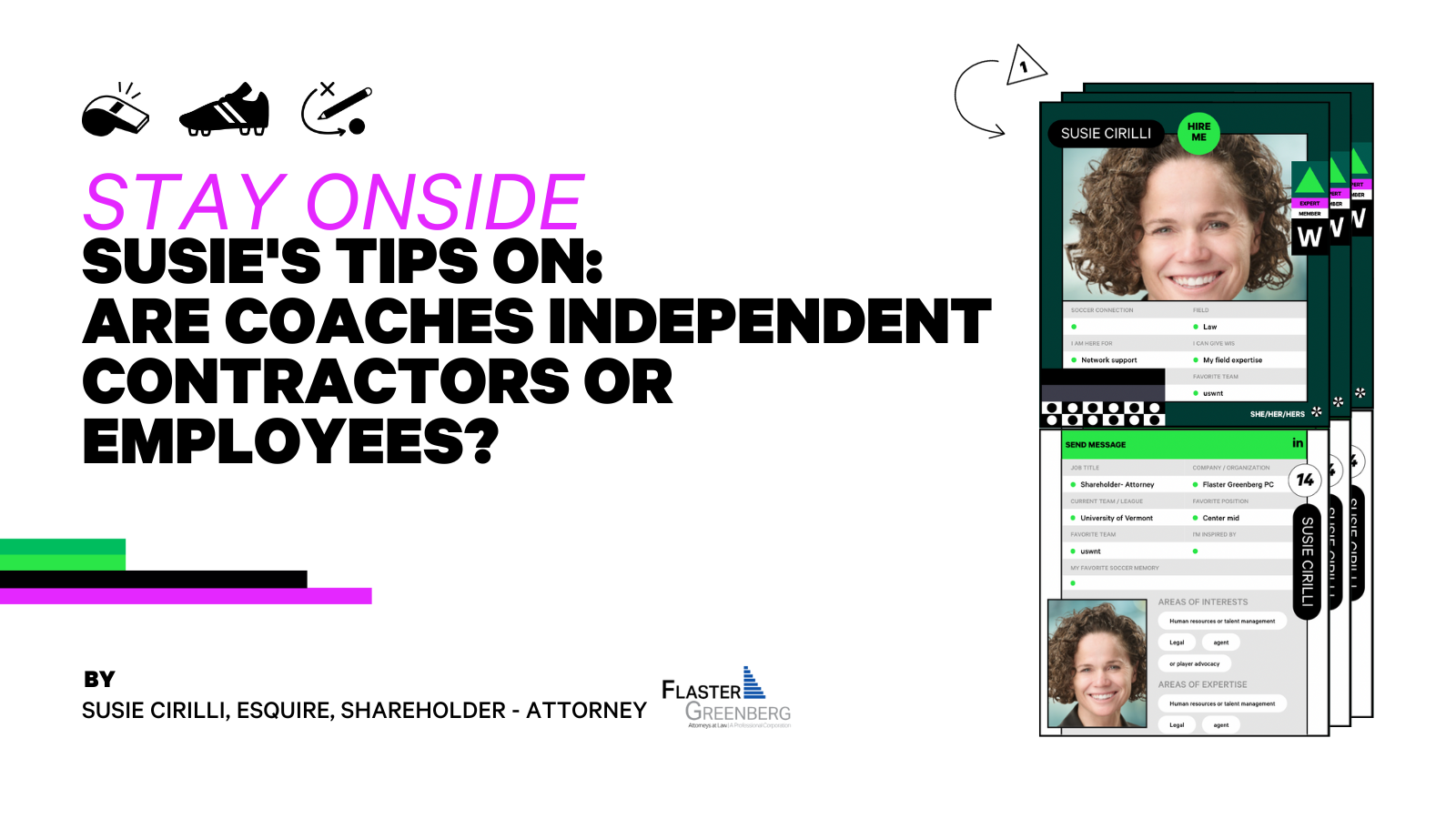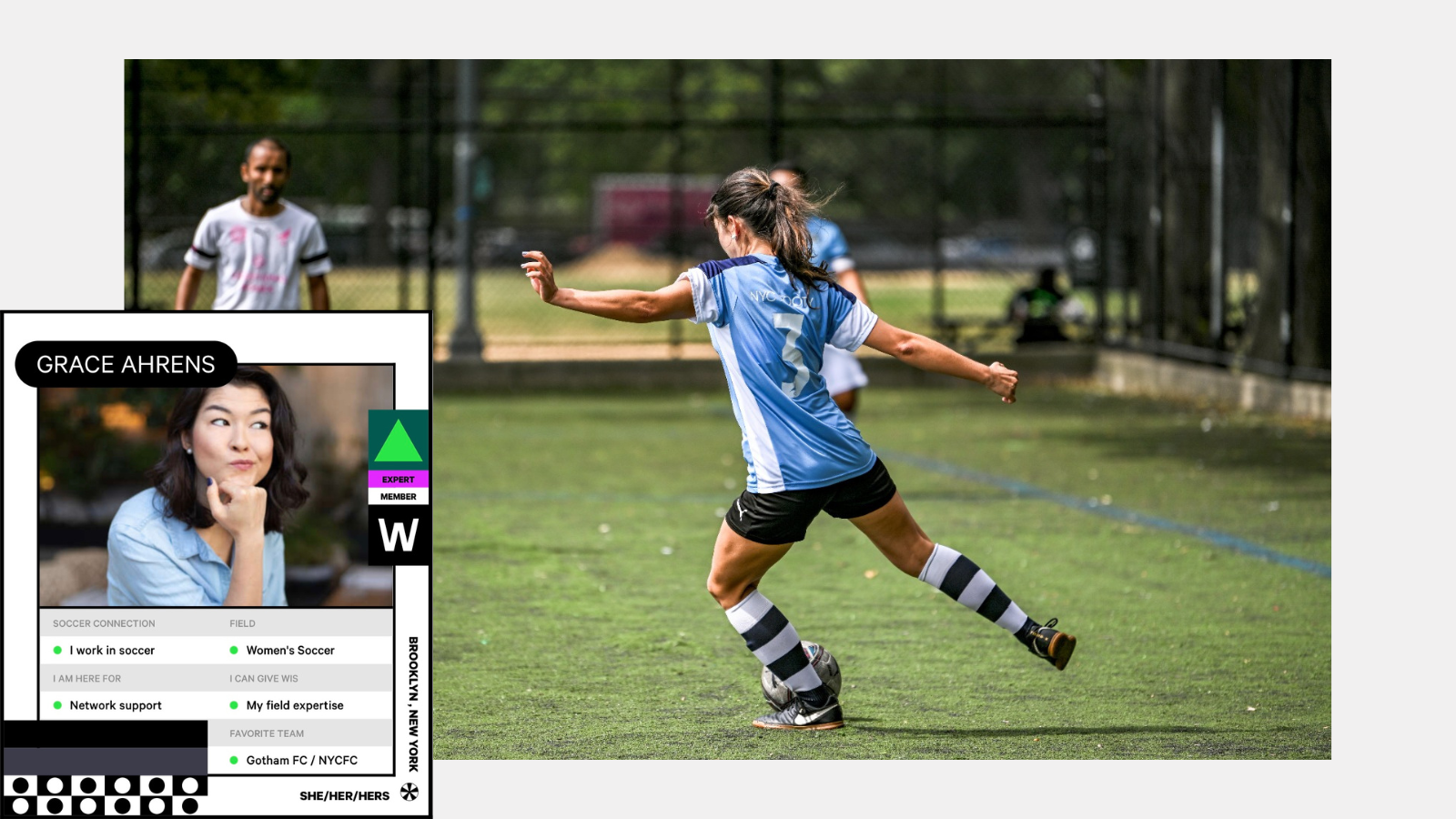WIS MEMBER SPOTLIGHT: MEET JENNIFER TEPPER
- Name: Jennifer Tepper
- Pronouns: She/her
- Job title: Executive Director
- Social media handles – personal and/or professional:
- Facebook: soccerwithoutborders
- Instagram: soccerwoborders
- Twitter: soccerwoborders
- LinkedIn: soccer-without-borders
What’s your favorite soccer memory?
As a 5’1” defensive midfielder during all of my soccer career, I was never much of a goal scorer. As a collegiate player at Austin College, I scored a header off of a corner kick and it always reminds me of the limitless possibilities of soccer.
What do you think is the greatest thing about women’s soccer or working in soccer?
One of the greatest things about women’s soccer in the USA, is that it is a beacon of hope and an act of social justice. We often pay lip service to gender equity and say we believe women can do things as well as men can but the USWNT has demonstrated that women actually can do things as well and actually, better than men. Further, this demonstrated the need for equity in compensation. This movement for justice also plays out in fan support. Some of it is because of the sport. Some of it is because of the team. Some of it is because of what we symbolize – a team for good, on and off the pitch.
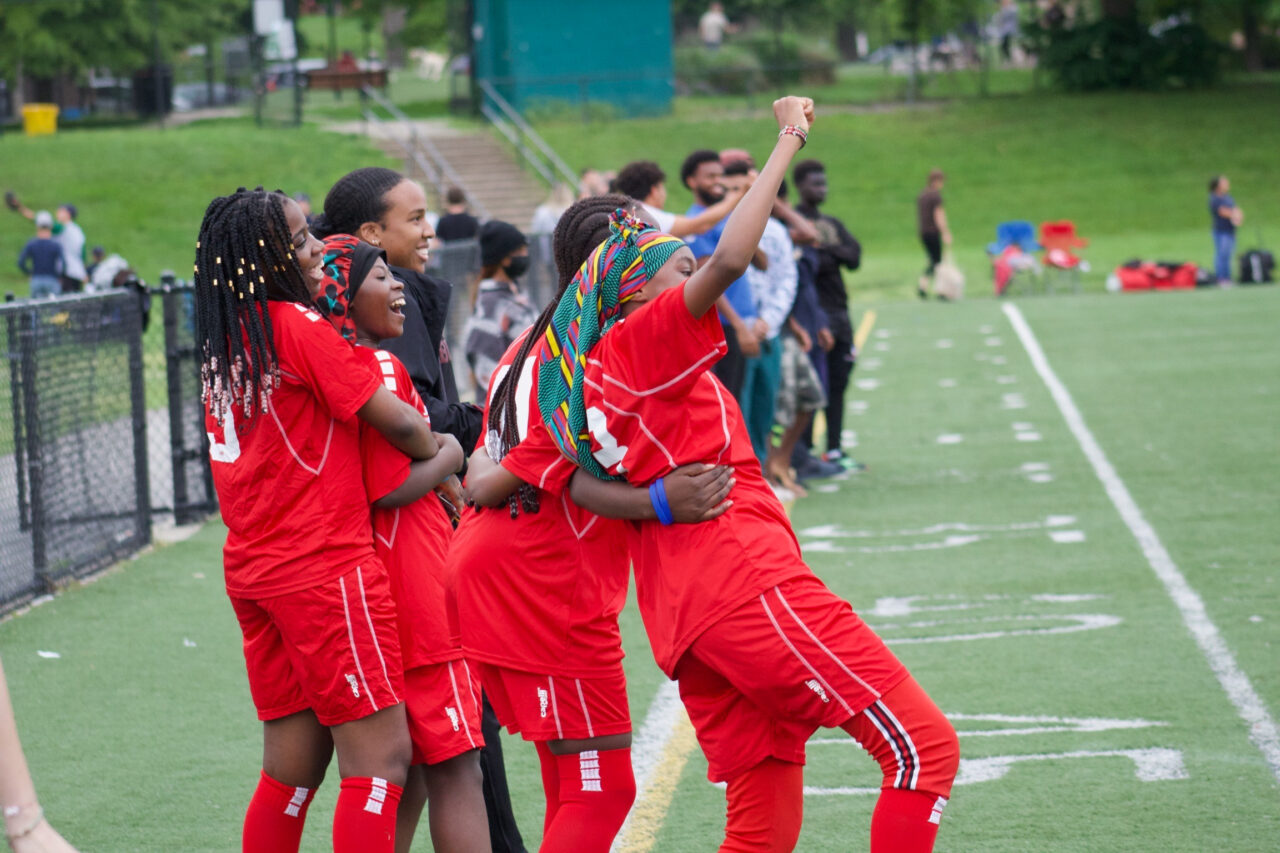
Please tell us about why you decided to pursue a career in the game and what a day in life is like for you.
I decided to pursue a career in soccer because it was my first love and to be able to work in something I have loved longer and more than anything or anyone besides my parents is a blessing and a joy.
No two days are the same. I will say that a day in the life of soccer for me means having the hopes, dreams, and potential of thousands of youth shared with me. Then WE can collaborate and create together, to find more ways to do more soccer for good for more marginalized youth, everywhere.
What inspires you even when things are tough?
The youth at Soccer Without Borders. All of them. For example, there is not a sad face when you walk through our Uganda youth and training center. And there are over 250 faces. These youth range from age 5 – 20 and they often do not share the same language or religion or country of origin. These are youth used to eating one meal a day and often going a month without a bite of meat. These kids will make our world a better place one day and it’s our job to give them that chance.
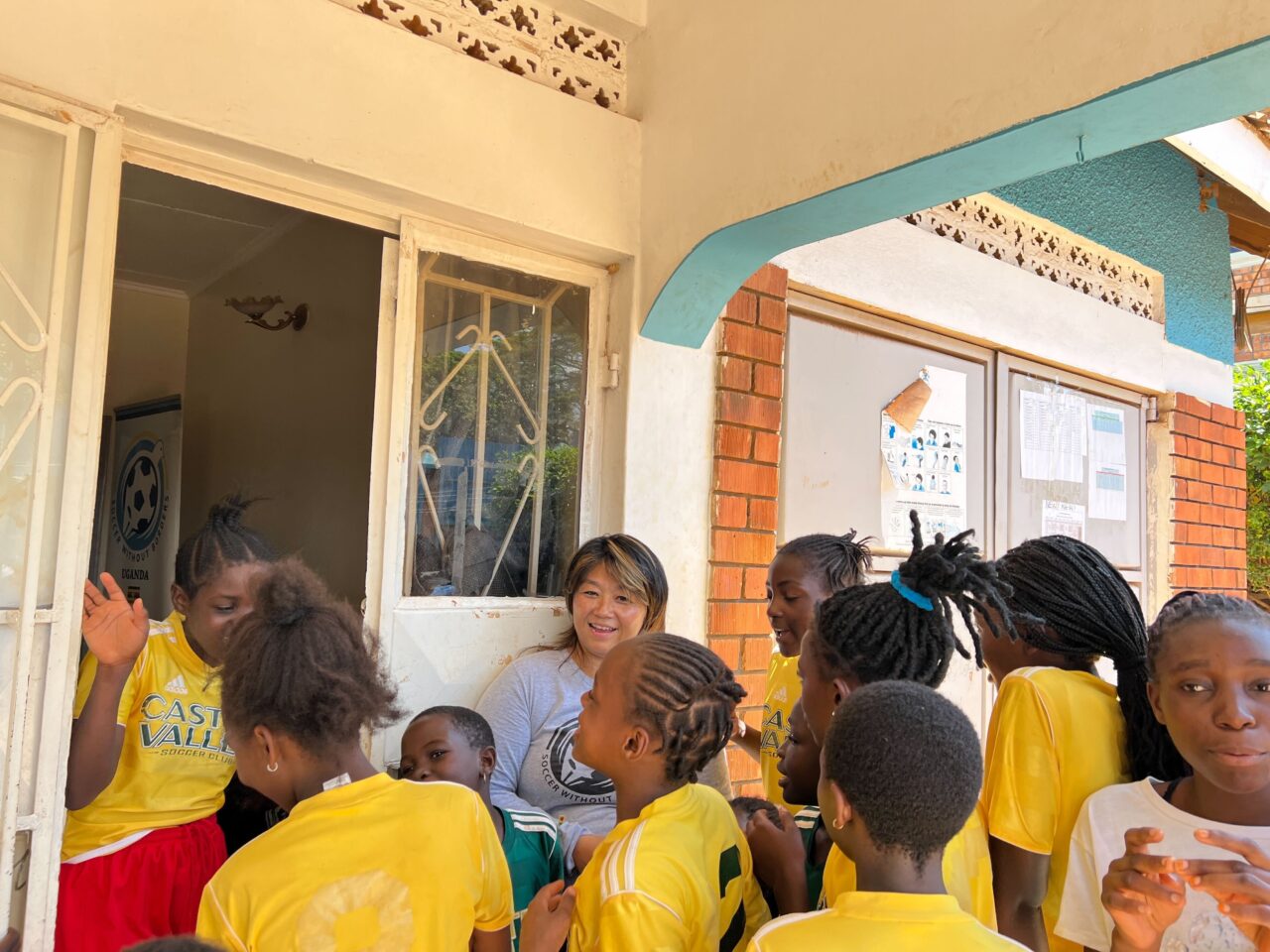
Can you tell us about a soccer organization doing work for women/ girls and marginalized folks that you admire? Why?
Should be an obvious one – Soccer Without Borders! We are full of what the world needs – you see it at every hub, feel it with every participant, and experience it engaging all of our stakeholders (youth, volunteers, coaches, staff, partners)
Please tell us about experiences and strengths you’d like to share with the WIS community.
My soccer experience has ranged from player to captain to coach to team manager and soccer mom. My strengths lie in the process of transformation. I excel at taking the ideas of many and collectively turning them into true possibilities in the minds of all and activating the leadership of those on my team to turn those possibilities into realities.
What impact do you think connecting more women, marginalized folks and allies will have on the equity of soccer?
It is essential in the supply chain of soccer. Again, referring to the USWNT, we have already shown that as a sport, we care about equity and we will fight off of the field/pitch to attain it. Increasing marginalized folks, women and ally access to soccer, allows soccer to be one of the only sports with an international following and an economy that surpasses most nation-states, to lead the professional sports industry in using its power for good – the wealthiest and most powerful brands in soccer have the opportunity to endorse sponsor activities that increase not only equity in a DEI statement but to do work with NGOs, community organizations and recreational teams to avail access and inclusion for all in the sport.
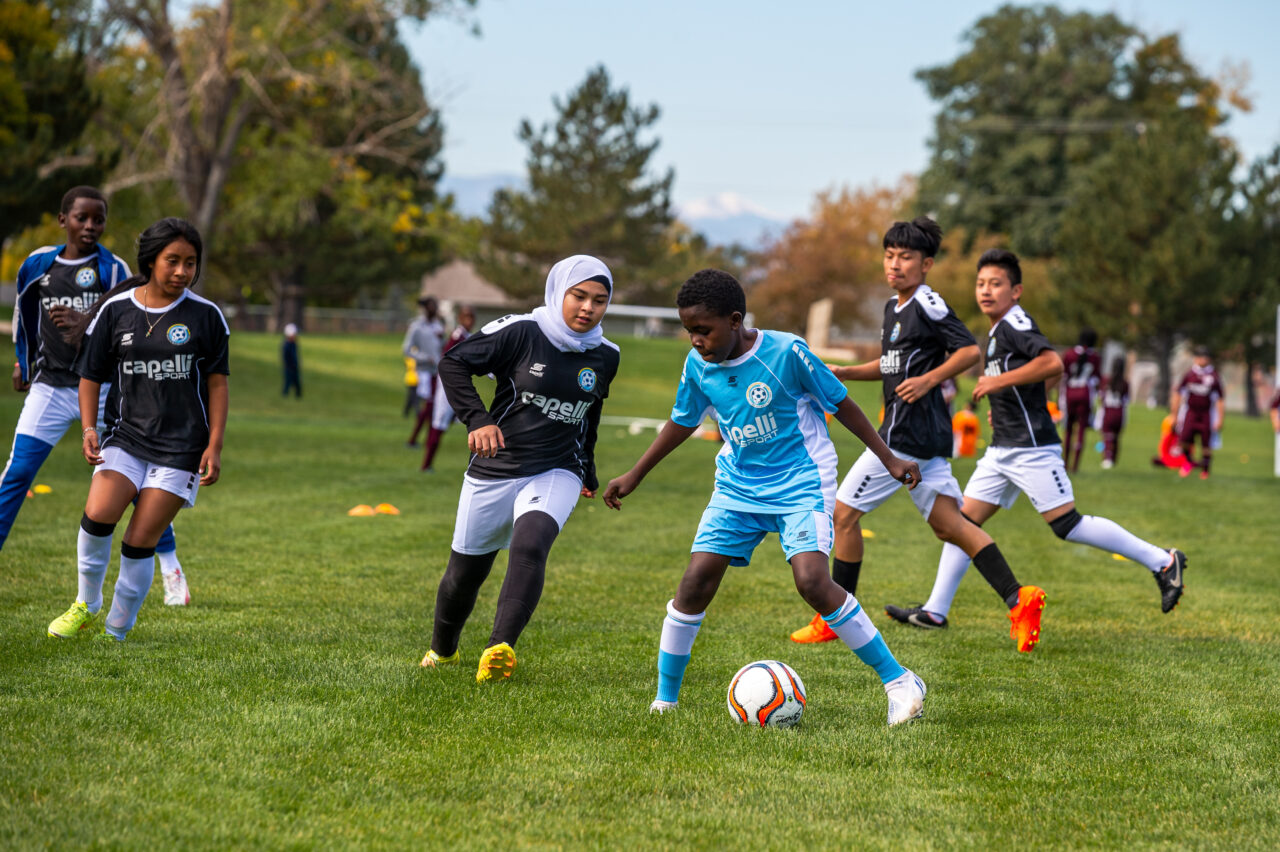
Soccer was an amazing sport before the advent of the pay-to-play youth sports industry and great soccer players were discovered without it – too many to even name – mainstream culture and society and media often highlight soccer players who have access to reaching college-level sports but others get left behind. Increasing women and marginalized populations to soccer means the democratization of the sport – that potentially there is a sports industry that isn’t dominated by the ultra-wealthy but has pathways for all to find their way in being an influential partner in the sport.
What makes you excited about WIS?
That you should never have a decrease in membership. That you are harnessing one of the greatest forces for good movements in arguably any women’s sport. We are the people in sport (women in soccer) that show the public that we are more than just players – we are fighters for justice and want more for our humanity and can use our platform for good, successfully, instead of our platform just for entertainment.




